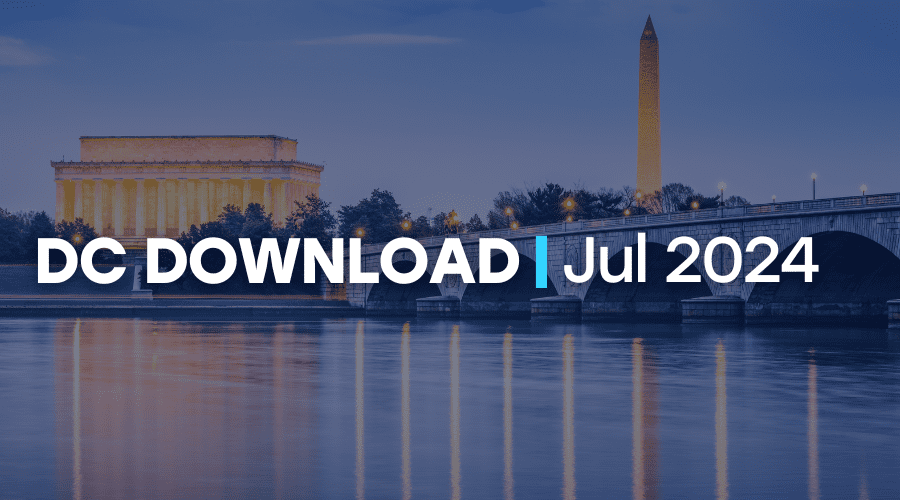While the Trump Administration and Republicans on the House Ways and Means Committee are hard at work drafting their separate plans for tax reform, it remains unclear as to whether either plan will include a proposal to repeal the Johnson Amendment, a 60-year-old law prohibiting 501(c)(3) charities from supporting or opposing political candidates. The extent to which a repeal may impact the prospects of a tax reform bill remains even more uncertain.
During the campaign and more recently at the National Prayer Breakfast, President Trump committed to “get rid of and totally destroy the Johnson Amendment.” White House spokeswoman Natalie Strom confirmed that President Trump still supports repealing the Johnson Amendment, but she did not indicate whether he would like to see it as part of tax reform or as a stand-alone bill. Rep. Kevin Brady (R-TX), Chairman of the House Ways and Means Committee, announced earlier this spring that “In our Republican tax reform, we’re going to repeal the damaging effects of the Johnson Amendment once and for all.”
The most active supporters of a repeal seem to be a small, but vocal and active collective of religious leaders, who would like to speak out about political candidates without risking their organizations’ tax exempt status. Ralph Reed, Chairman of the Faith in Freedom Coalition, said, “That would be fine with us, if it were to become law as part of a tax package…We’d like to have an up-or-down vote, but this might make it easier to pass.”
Meanwhile, other political insiders question whether the inclusion of these types of political provisions may hinder Republicans’ ability to move tax reform forward. Public opposition from to modifying the Johnson Amendment has ramped up considerably. On Thursday, Senate Finance Committee ranking member Ron Wyden (D-OR) released a statement saying, “A repeal would undermine the sanctity of our religious institutions, increase the flow of dark money in politics and force taxpayers to foot the bill for special interests.” Other congressional leaders from both sides of the aisle have spoken up in town halls during the current two week spring recess in favor of keeping the amendment in place.
Last week, 4,500 charitable organizations and 99 religious and denominational organizations sent letters urging congressional leaders to keep the ban on political activity in place. In addition, recent polls indicate that this is not a particularly popular proposal among American voters.
Independent Sector found that 72 percent of voters want to keep the current law and a poll by the National Association of Evangelicals revealed that nearly 90 percent of evangelical leaders do not think pastors should endorse politicians from the pulpit.
Sources: The Hill, The Washington Post
Allison Grayson is the director of policy development and analysis at Independent Sector.



